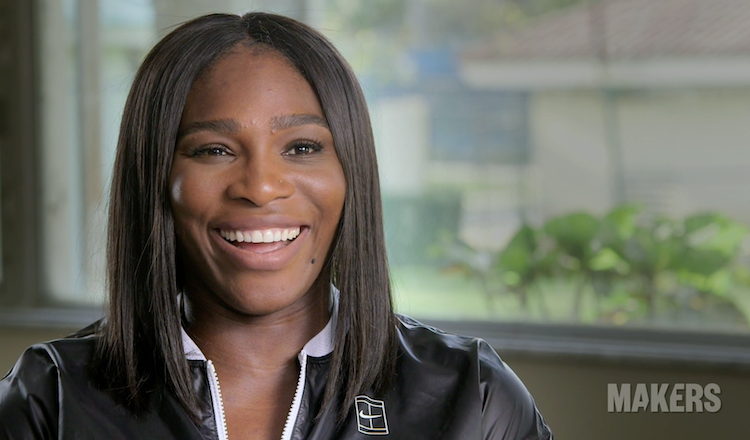This one fantasy is usually the reason couples fight a lot, according to a leading psychotherapist
Leading London-trained relationship psychotherapist Lissy Abrahams, who has helped hundreds of couples around the world repair, has distilled decades of research and her clinical experience into an online program offering the same growth opportunity of 20 therapy sessions – for a fraction of that time and cost.
Abrahams, who is the author of the highly acclaimed book Relationship Reset, developed the program Fight Less, Love More as a response to the issues and themes that consistently emerge in her consulting room for couples stuck in frequent and intense patterns of conflict.
The eight-module, evidence-based transformational program helps participants gain the self-awareness and skilful communication needed to finally exit cycles of relationship conflict, and increase happiness, rebuild trust, and improve intimacy.
The activity-packed program helps participants discover and process their own relational ‘operating system’, including their ego, triggers, and one particular kind of fantasy that plays a huge role in partner selection but can be a key source of conflict down the track –
A ‘specialness’ fantasy.
All couples have it, Lissy says, and it’s actually crucial for even getting together to begin with, however it comes back to bite couples who haven’t yet done the work to understand how their minds and nervous systems are operating.
Lissy explains:
“When many couples meet, they are typically looking for certain qualities that are deeply personal. What we’re looking for can directly relate to something we feel has been a deficit in our lives, or perhaps we are looking to replicate something from the past. When we meet someone with those qualities, they feel special.
“For example, if we had a fiery parent as a child, then having a new partner with a non-reactive manner could be comforting. Or if we had a parent who had no money growing up, then somebody having knowledge about finances and how to be financially secure could feel very special to us when we meet them. It adds to their appeal. It could be that what we found special was that our partner was really good with children because we want somebody who is going to add that to our lives and children in the future.
“So, all of these attributes can be experienced as special to us about our new partner, however, these attributes may not be special to somebody else assessing a new partner. We will bring our own conscious and unconscious lens for assessing what we like about a prospective partner.
“It’s critical to our union to create this specialness fantasy about our partner. It also links to another fantasy we form when meeting a prospective partner, which is the fantasy of safety with them.
“Safety is always on our ‘coupledom agenda’, however what is and isn’t evaluated as safe will be wildly different among different people, just the same as what is evaluated as special. And when we don’t have a conscious understanding of what makes us feel unsafe in relationships, we usually find ourselves replicating unwanted but familiar patterns with different people. A fear of being cheated on, perhaps because a parent had an affair, often leads to someone seeking safety from a partner in this area and can have a detrimental impact on this relationship, such as secretly looking through their mobile phone or constantly quizzing their partner about their movements.
“It’s when these fantasies fade, and we’re presented with the reality of our partner, a normal yet flawed individual, with traits on other areas we’ve overlooked that don’t align to our needs, that conflict often arises.
“Couples need to bring these fantasies to the forefront and be honest about them, not just to their partners but also to themselves. Our partner selection is self-serving, and if we are truly honest they are not just about the other person, but about what they do to or for us now or in the future.”
Lissy says couples can complete Fight Less, Love More together or individually, and, because the program is a journey of self-discovery, singles can participate just as meaningfully.
About Lissy
Lissy Abrahams’ book Relationship Reset is described by experts as a “work of brilliance”.
Lissy is a leading psychotherapist who has dedicated her career to helping hundreds of clients navigate life’s obstacles and challenges. Lissy completed her Masters of Couple Psychoanalytic Psychotherapy at the internationally renowned Tavistock Relationships, London.
Today she founded and manages the Sydney-based therapy clinic, Heath Group Practice, and works therapeutically with clients around the world. As well as her book, she has successful online programs Transforming Couple Communication and Fight Less, Love More.
You can read articles by Lissy Abrahams here.
















